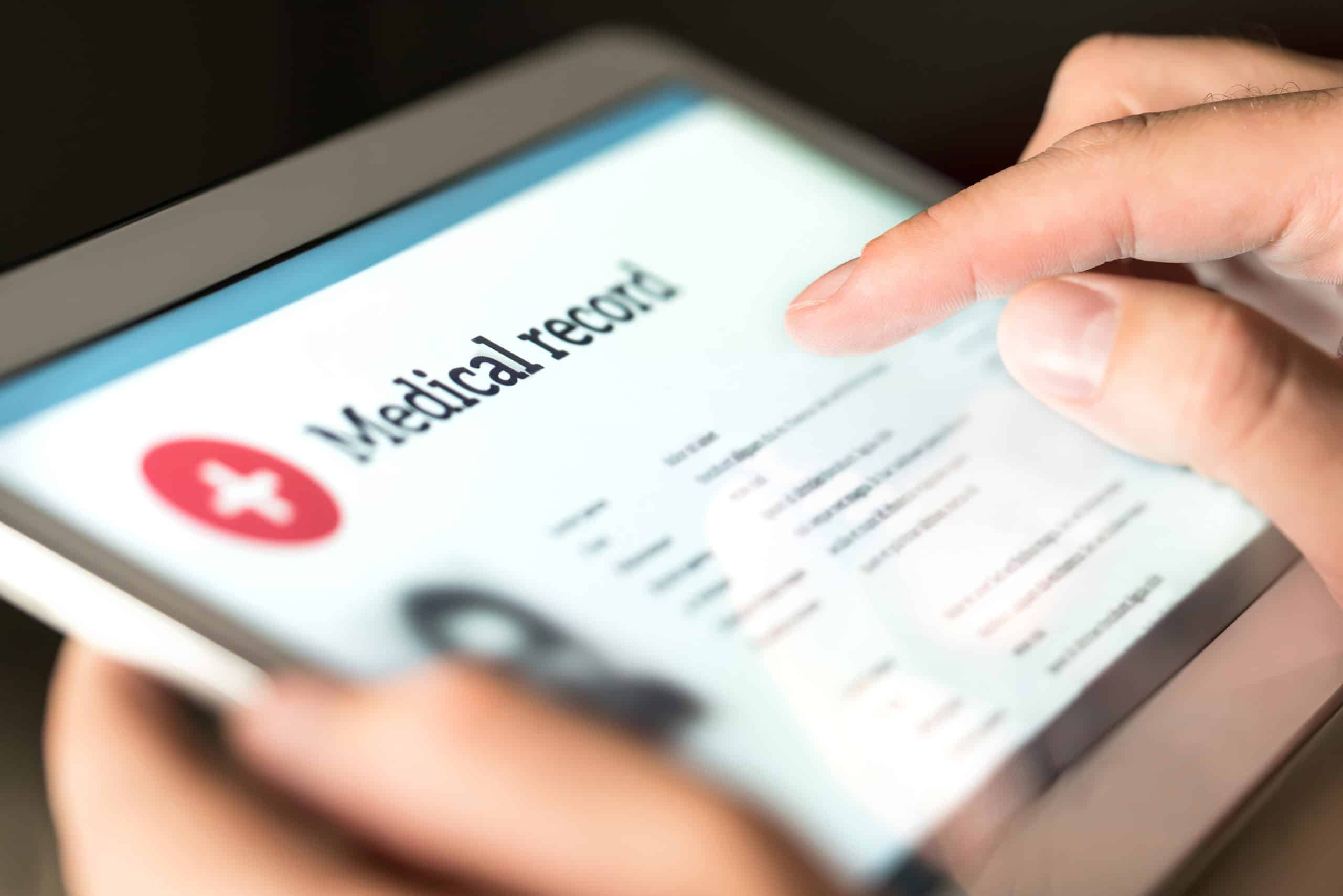 Healthcare markets have evolved into competitive environments that mirror other industries. Our patients are increasingly empowered to act as customers who understand they have choices when it comes to selecting a clinical provider or facility. They demand access to convenient and cost-effective treatment and we know they will select a provider that offers a positive experience over one with negative social media scores. These trends have increased the pressure providers feel to engage patients and their families in positive healthcare experience, not just an encounter.
Healthcare markets have evolved into competitive environments that mirror other industries. Our patients are increasingly empowered to act as customers who understand they have choices when it comes to selecting a clinical provider or facility. They demand access to convenient and cost-effective treatment and we know they will select a provider that offers a positive experience over one with negative social media scores. These trends have increased the pressure providers feel to engage patients and their families in positive healthcare experience, not just an encounter.
New Kaiser Study Shows Telemedicine Exceeds Customer Expectations
“There’s a lot about these telemedicine visits that can sound appealing: no need to get stuck in traffic on the way to the doctor; no long stretches in the waiting room before the exam; no missing half a day of work for an appointment that’s over in the blink of an eye.”
Lisa Rapaport
“Patients Value Convenience of Telemedicine”
Reuters Health News
Kaiser Permanente Northern California released a new study in April tracking patient experience with primary care video telemedicine visits. The system surveyed 1,274 patients in the fall of 2015 to determine their experience with telemedicine used during a clinical interaction with their primary care provider. The study was released in the Annals of Internal Medicine.
The participants in the study primarily had experienced video conferencing in the past, although it may not have been related to a healthcare visit. The patients were all higher income with advanced professional degrees. They stated the reason for selecting a video visit over a traditional in-person exam was because they didn’t have to take time off work or make other special arrangements for the healthcare visit. In fact, 87% of the patients surveyed said the telemedicine visit was more convenient. Nine out of 10 patients stated they would consider a video visit in the future.
After the video exams, 93% of those surveyed said the doctor visit met their needs and 90% said they were confident in the quality of their care. But this wasn’t the only survey that found patients appreciate the convenience of telehealth over the in-person visit.
Data from Massachusetts General Hospital Says Convenience Key
“Experts have long touted telehealth as useful for connecting patients to care when they otherwise could face serious hurdles in care access. Patients who live far away from the hospital, who have demanding work schedules, or who have numerous family obligations tend to benefit from telehealth treatment access.”
Sarah Heath
“Patient Satisfaction of Telehealth Hinges on Convenience, Quality”
Patient Engagement HIT
Earlier this year Massachusetts General Hospital released a study that showed patients not only found telehealth visits more convenient, they also stated the quality of care and communication between the patient and provider was the same or better as the traditional office visit. 79% of the patients surveyed also said it was easier to schedule a telehealth visit over a traditional on-site appointment.
The study was released in The American Journal of Managed Care and documented the findings from 254 patients and 61 physicians that participated in telehealth visits at the hospital. While the researchers predicted the surveys would confirm the convenience of the telehealth visit, the fact that patients said communication was actually better during the videoconference seemed to take them by surprise. One senior researcher said:
Some of the participants in our study were parents of children who needed multiple frequent visits or older patients for whom travel was difficult to arrange. It did not surprise us that they found virtual visits more convenient, but we were impressed that nearly all perceived the quality of care or communication to be the same or better than at the traditional and familiar office visits.
Massachusetts General Hospital is no stranger to telehealth, having introduced the technology in 2012. When the study was conducted, telemedicine had grown to offerings in the following specialty fields:
- Cardiology
- Neurology
- Oncology
- Primary care
- Psychiatry
Massachusetts General Hospital was founded in 1811 and is the largest teaching hospital under Harvard Medical School. While the center offers extensive research the findings of the telehealth survey illustrated what consumers think about the digital visit, particularly when compared to the traditional in-office encounter. Some of the other findings included:
- 68% of the patients rated their telehealth visit at a 9 or 10 on a 10-point scale. Patients who rated the visit lower stated they had technical issues with using the system.
- Clinicians stated the virtual video visits are better for faster scheduling of patient appointments and for higher efficiency during the visit itself.
The doctors surveyed also pointed out that telehealth is not appropriate for every visit, but can be highly effective in the right setting.
Patient Attitudes Toward Telemedicine
What both of these studies illustrate is that once the patient and doctor try the virtual video visit, they understand the usefulness of these tools. Telemedicine is particularly useful for patients when a long trip to the doctor is costly and inconvenient. The Massachusetts study in particular showed that what doctors and patients value the most is the uninterrupted time together. One doctor put it this way:
Telehealth gives them more of what they want most and gets rid of the stuff they don’t want. With a telehealth visit, 95 percent of the time spent by the patient is face-to-face with the doctor, compared to less than 20 percent of a traditional visit, in which most time is spent traveling and waiting. Seen through that lens, our results are not surprising.
OrthoLive has similar experiences to share. If you are an orthopedist considering new models of care for your patient, our telemedicine application offers patients the convenience they crave with the same level of clinical care and caring you demand. Talk to our team to find out more.



